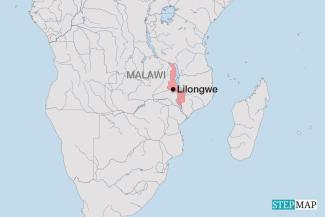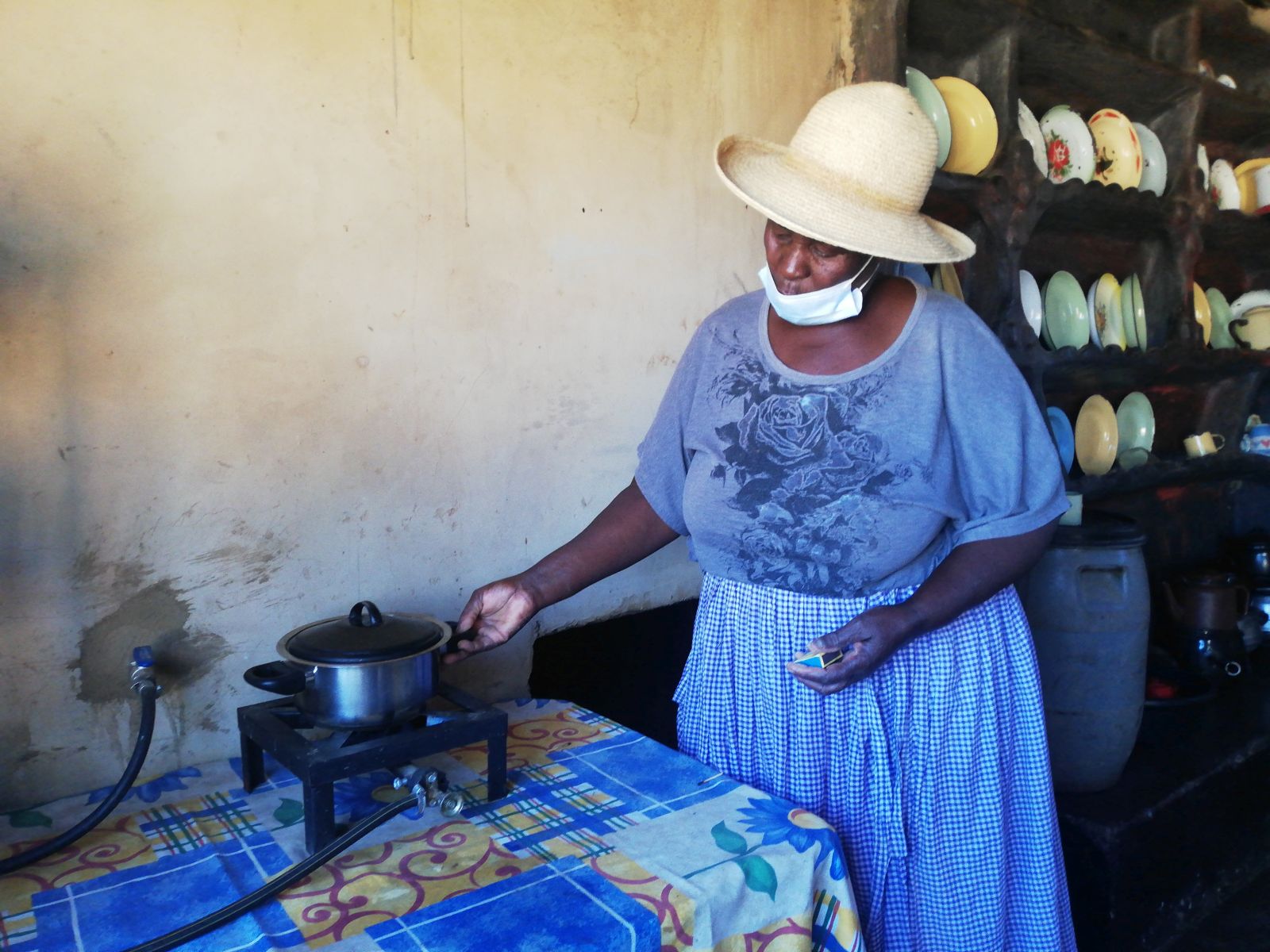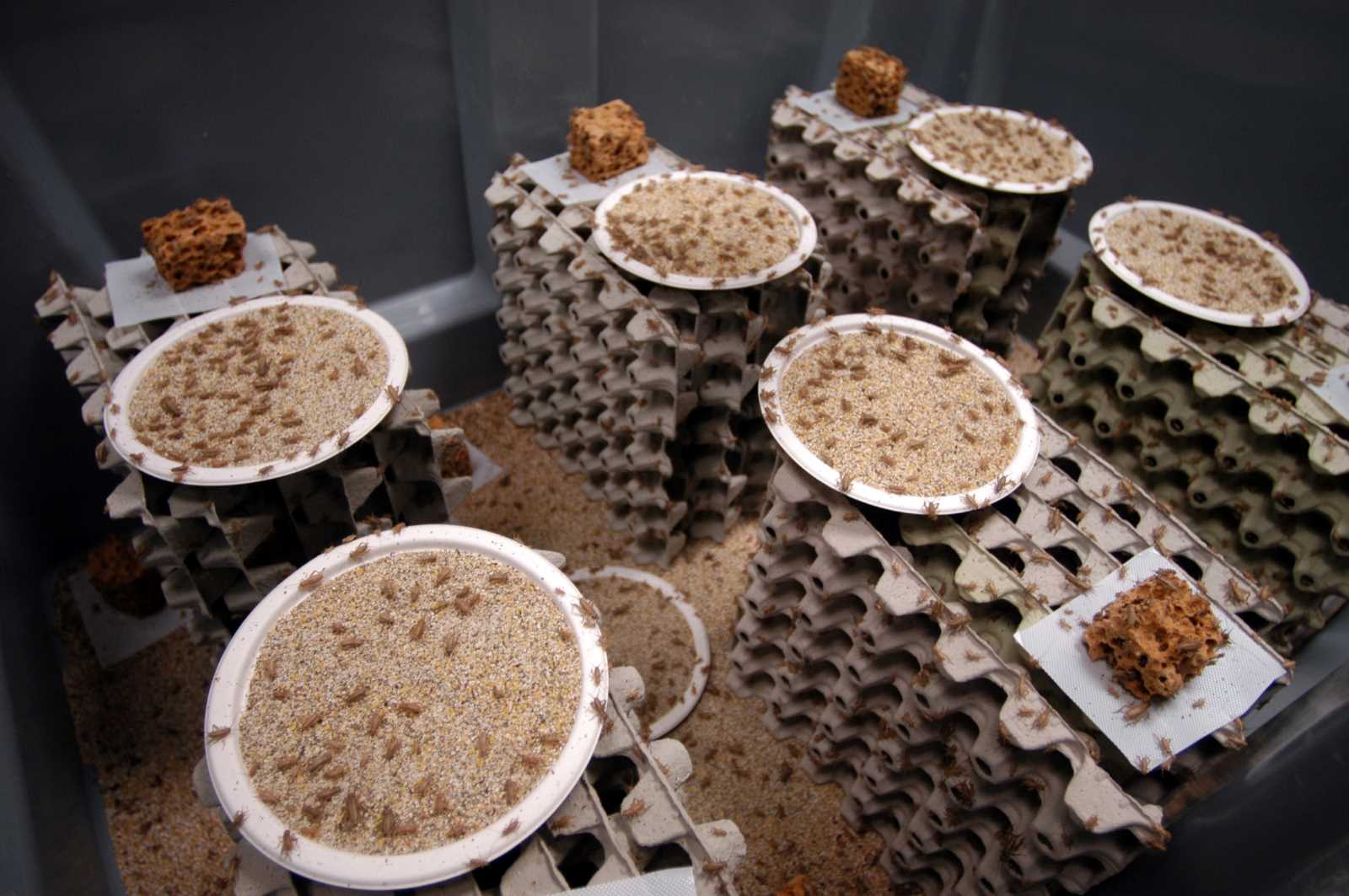Energy supply
Biogas innovation: Clean energy and fertiliser for Malawi’s farmers

In Malawi, access to electricity remains a major challenge. As many people are not connected to the electricity grid, they must rely on alternative sources of energy. In rural areas, where the majority live in poverty, many are dependent on firewood for cooking. This widespread reliance on wood is a danger to the environment.
The country’s energy crisis is what inspired Clement Kandodo, a graduate from Lilongwe University of Agriculture and Natural Resources (Luanar), to design an innovation to meet the demand for energy. In 2016, he founded EcoGen, a start-up working with farmers under Malawi Milk Producers Association (MMPA) to generate energy out of animal waste.
EcoGen aims to produce biogas from waste to provide domestic use gas and fertiliser. The start-up made a strategic choice to work with dairy farmers because they rear cattle and have easy access to animal waste in bulk.
Godfrey Kwelete is one such farmer who is a beneficiary of EcoGen’s biogas project. He has seven cattle. Each week he collects the dung from the kraal and puts it in the system digester, which produces biogas and liquid or bio-fertiliser.
“When I heard about EcoGen’s biogas technology and how it produces biogas and bio-fertilisers, I decided to inquire further,” he says. “After I was satisfied with the explanation, I decided I should go for it.”
With the biogas system installed, Kwelete is now able to collect bio-fertiliser which he uses in his crop fields.
“I am saving a lot of money because fertiliser is too expensive these days. Bio-fertiliser is very cheap as long as you have the materials or wastes to be used in the system,” he said. Additionally, he uses the gas generated for cooking and lighting.
Patrick Jere, a livestock and poultry farmer in Lilongwe, also uses the biogas system from EcoGen and speaks of its multiple advantages.
“Having biogas system installed marked the end of using chemical fertilisers [in my farm]. Now I am using bio-fertiliser, the best and cheapest fertiliser for my farm,” Jere writes on his Facebook page.
EcoGen provides different sizes of biogas systems with the smallest being six cubic metres and the biggest being 40 cubic metres. Not many farmers can afford these systems despite their advantages. For example, Kwelete has bought an eight cubic metre system and a 12 cubic metre system costing MK 288,000 (about € 150) and MK 399,000 (about € 205) respectively.
Wonderful Mkhutche, a communications and branding officer at EcoGen, says that the company has extended credit to farmers to enable them to access their products. The dairy farmers, who are organised in cooperatives, can get the biogas systems on a loan repayable in a maximum of two years.
Efforts such as those by EcoGen need to be amplified throughout Malawi. The demand for energy remains high yet fewer affordable and environmentally friendly solutions exist. The Malawian government must do more to connect citizens to electricity grids and provide alternative sources of energy. To delay this will only endanger the environment as poor people continue to rely on wood fuel.
Raphael Mweninguwe is a freelance journalist based in Malawi.











